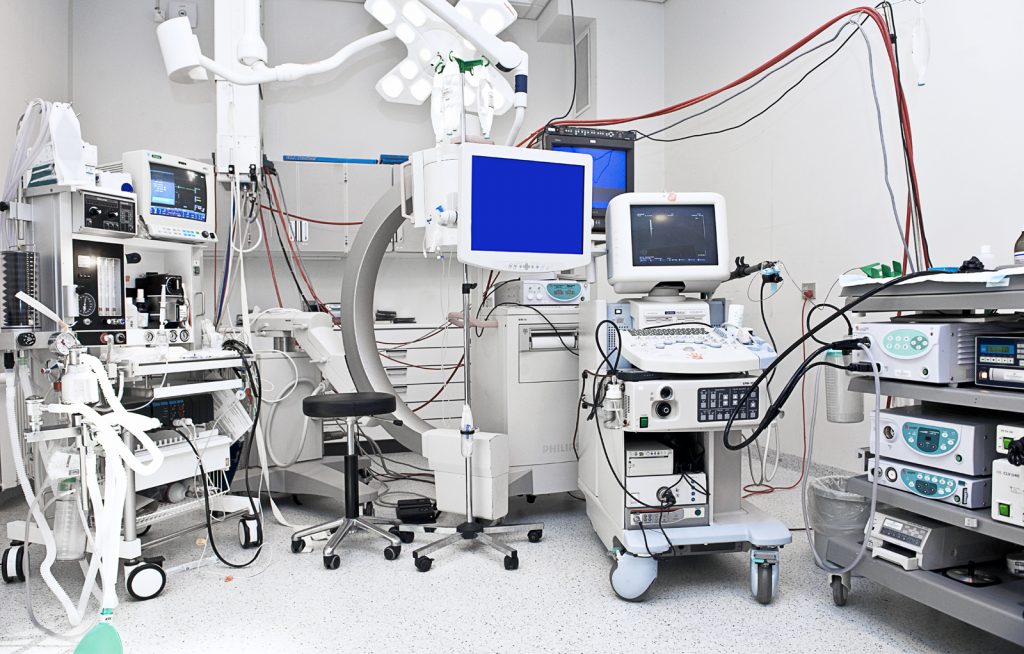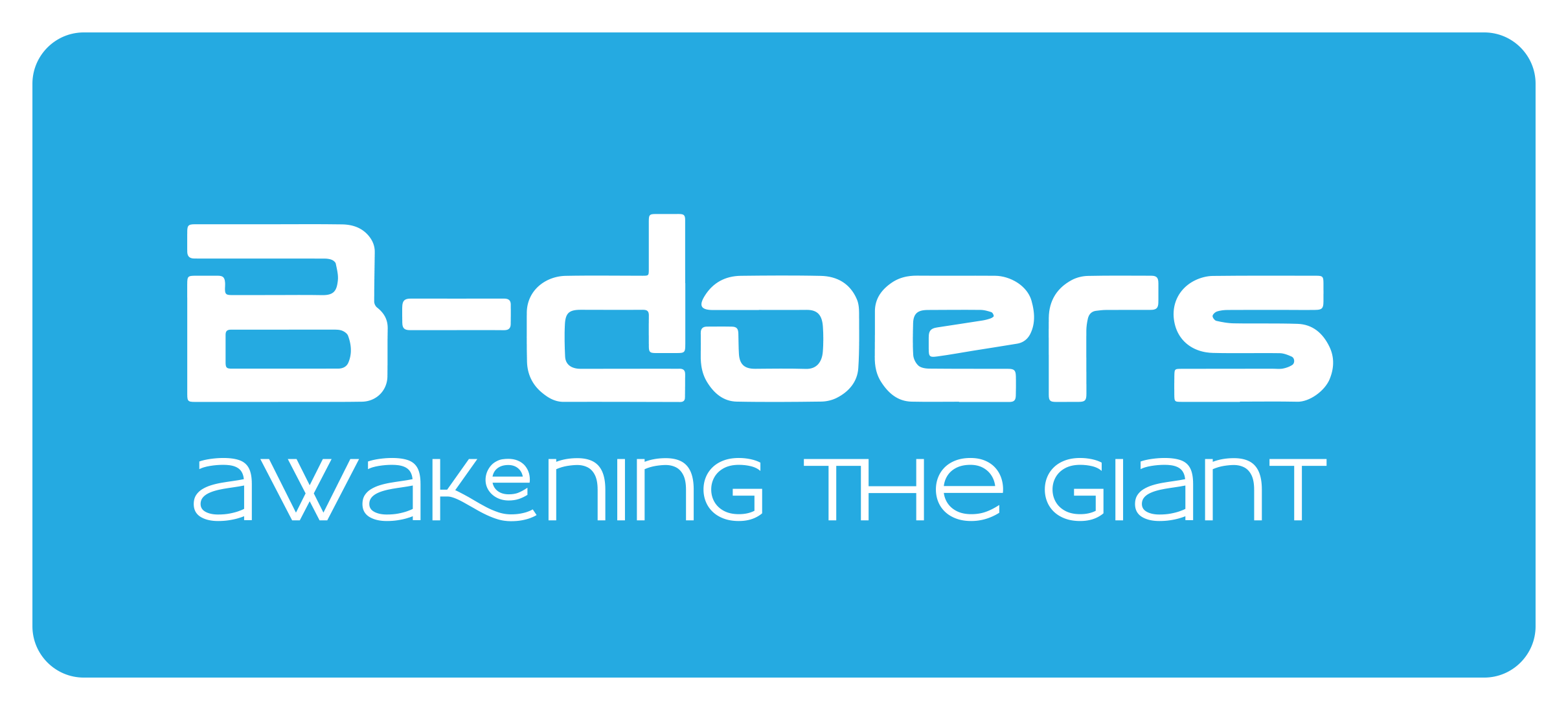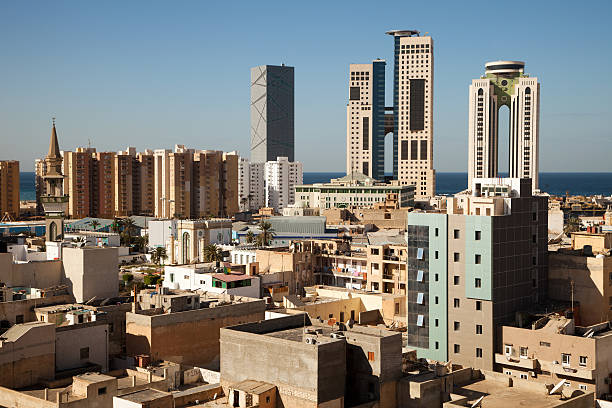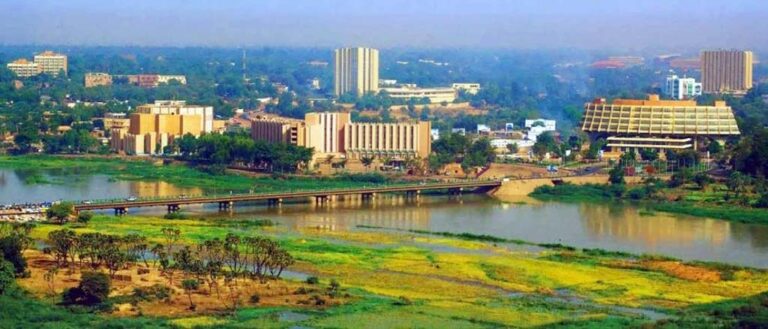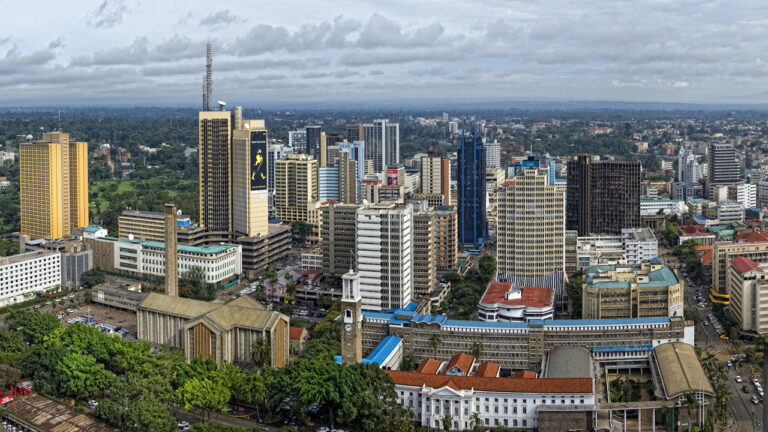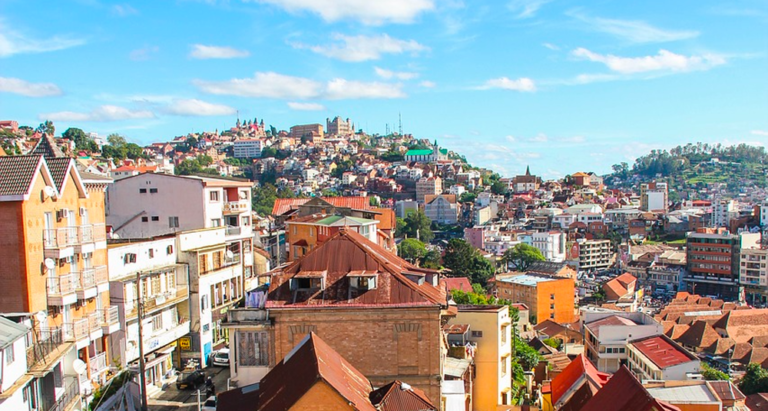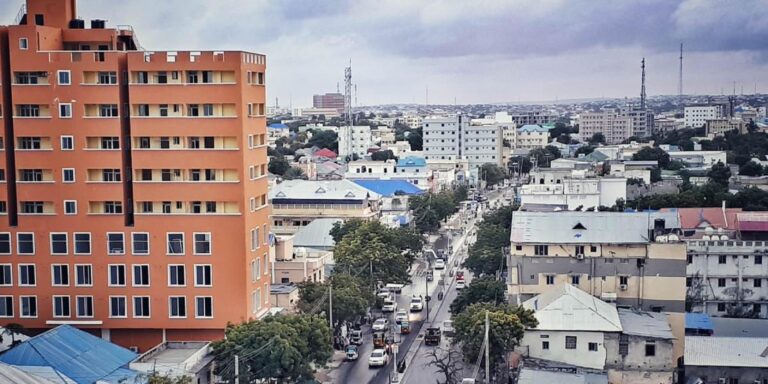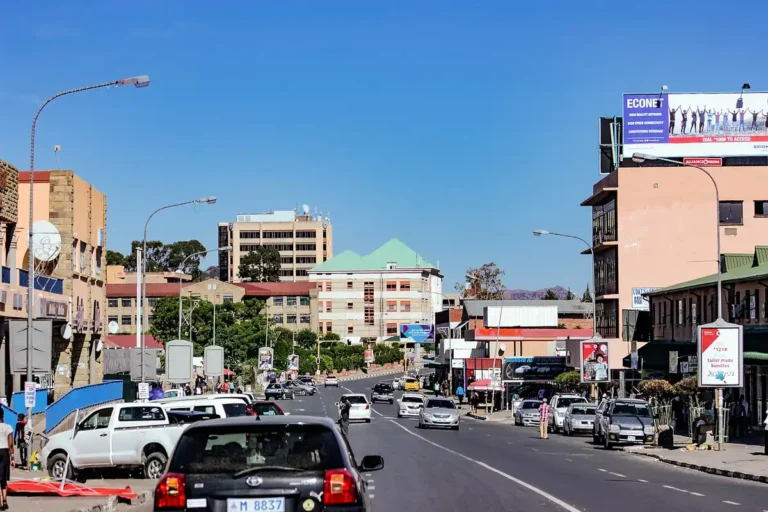Libya also referred to as the State of Libya, is a nation in North Africa’s Maghreb area whose capital is Tripoli. It is surrounded to the north by the Mediterranean Sea, to the east by Egypt, to the southeast by Sudan, to the south by Chad, to the southwest by Niger, and the west by Algeria. Libya, the fourth-largest nation in Africa, is larger than Alaska. Libya, a largely arid and oil-rich nation with a lengthy history, is best known now for the 42 years that the erratic Colonel Gadhafi ruled.
The Libyan presidential election is scheduled to be held in June 2022. The presidential election had originally been planned for 10 December 2018 and for now, the interim Prime Minister Abdul Hamid Dbeibah is acting as the president of the country.
The Libya GDP is projected to trend around 52.00 USD Billion in 2022, according to our econometric models. The economy was projected to grow by 37.5% in 2021 and 54.9% a year later. Fiscal and current account balances were also expected to improve at 8.9% of GDP. Libya was projected to record a GDP growth rate of 78.2% in 2021 if presidential and parliamentary elections, and the reunification of public.
Libya’s Raw materials exports are worth US$ 25,551 million, product share of 85.06%. Libya’s Raw materials imports are worth US$ 1,534 million, product share of 11.39%. Libya’s Intermediate goods exports are worth US$ 1,068 million, product share of 3.56%. The top exports of Libya are Crude Petroleum ($22.5B), Petroleum Gas, Gold, Refined Petroleum, and Scrap Iron.
The first biggest non-oil export groups of Libya are iron and steel. The second biggest are pearls, metals and precious stones, and others thus generating the country’s economy and revenue leading to development.
The inclusion of Libyan youth, representing almost half of the population, is essential for positive social and political change in the country. Youth constitute 60% of the population, representing most of Libya’s 6.5 million citizens. While youth make up a high percentage of the country. The youth in Libya is facing multifaceted challenges posed by decade-long instability causing unemployment, and disruption in education thus under development in the country.
Libya has a partnership with USAID in the development and implementation of the Strategic Framework, 2021-2024 to strengthen the foundations of a more stable, inclusive, and self-reliant Libya. In support of the goal, the strategic framework has two Development two objectives: The effectiveness of key Libyan governance institutions improved, and Libyans empowered to mitigate drivers of instability and conflict.
Business opportunities in Libya
The sectors that have historically attracted the most significant investment into Libya are oil and gas, electricity, and infrastructure. Libya has a large number of sectors to invest in such as construction; electricity; oil exploration; drilling and installation projects; telecommunications construction and installation; industry; surveying and planning; installation and maintenance of medical machines and equipment; and hospital management.

